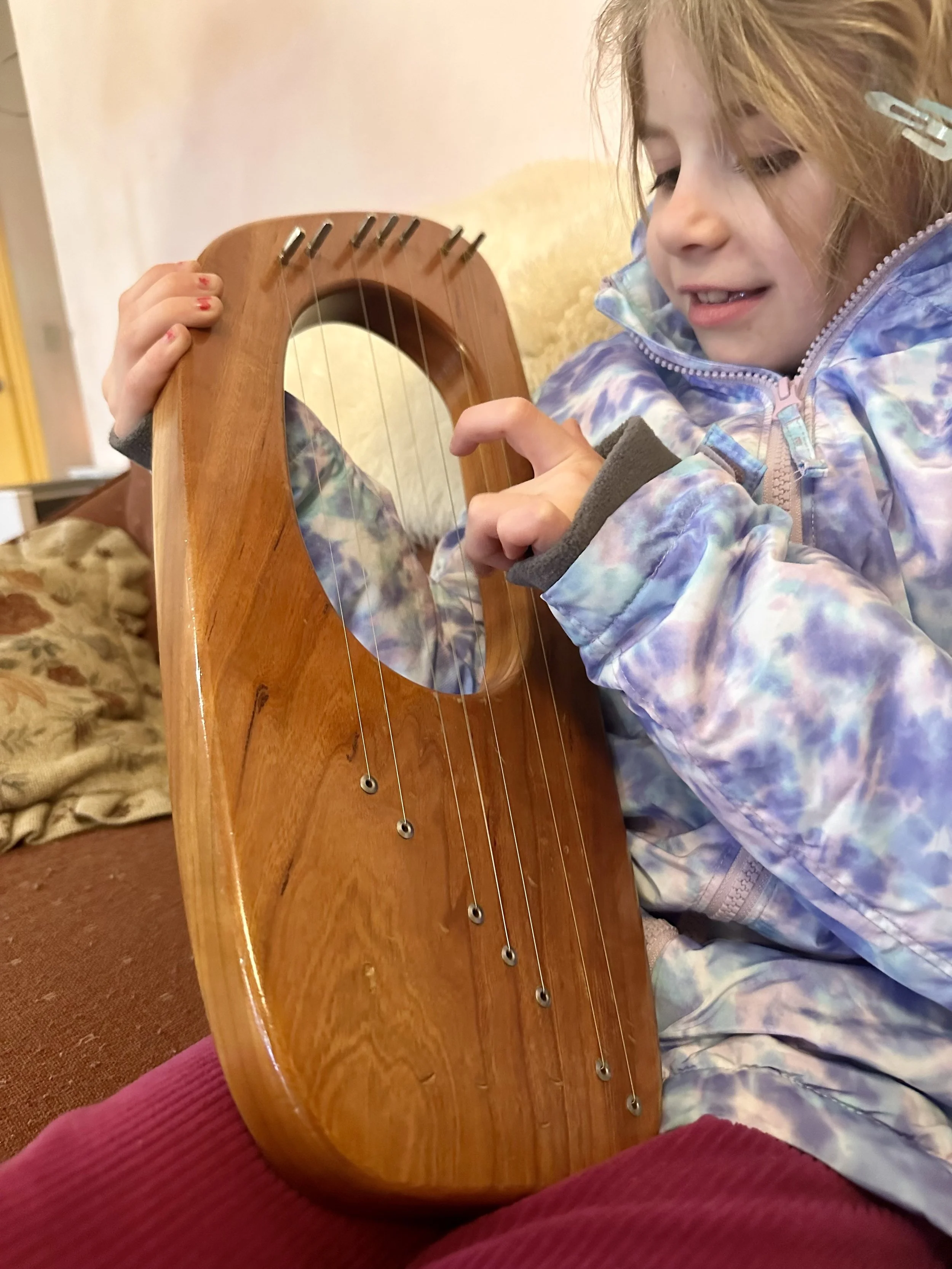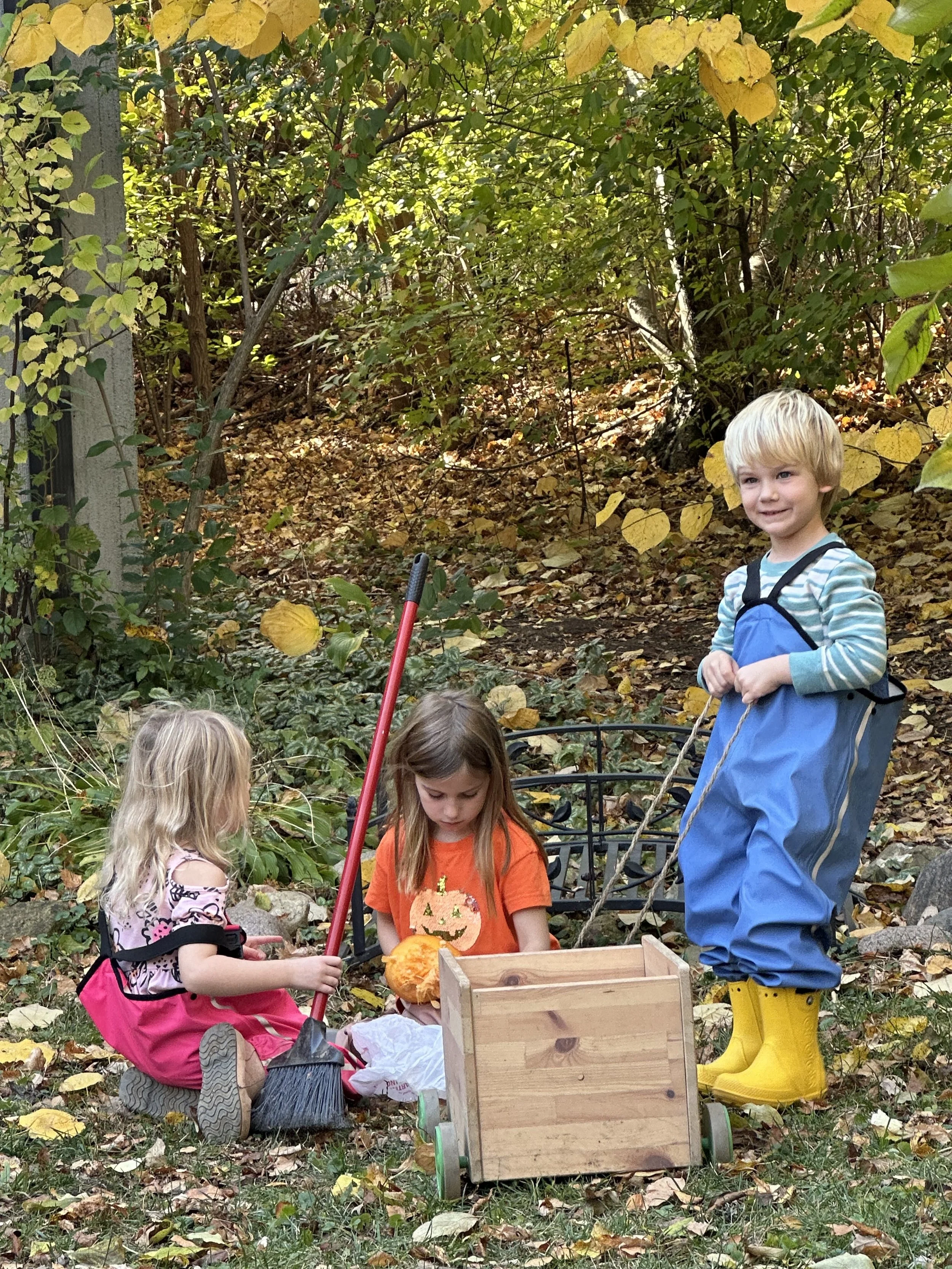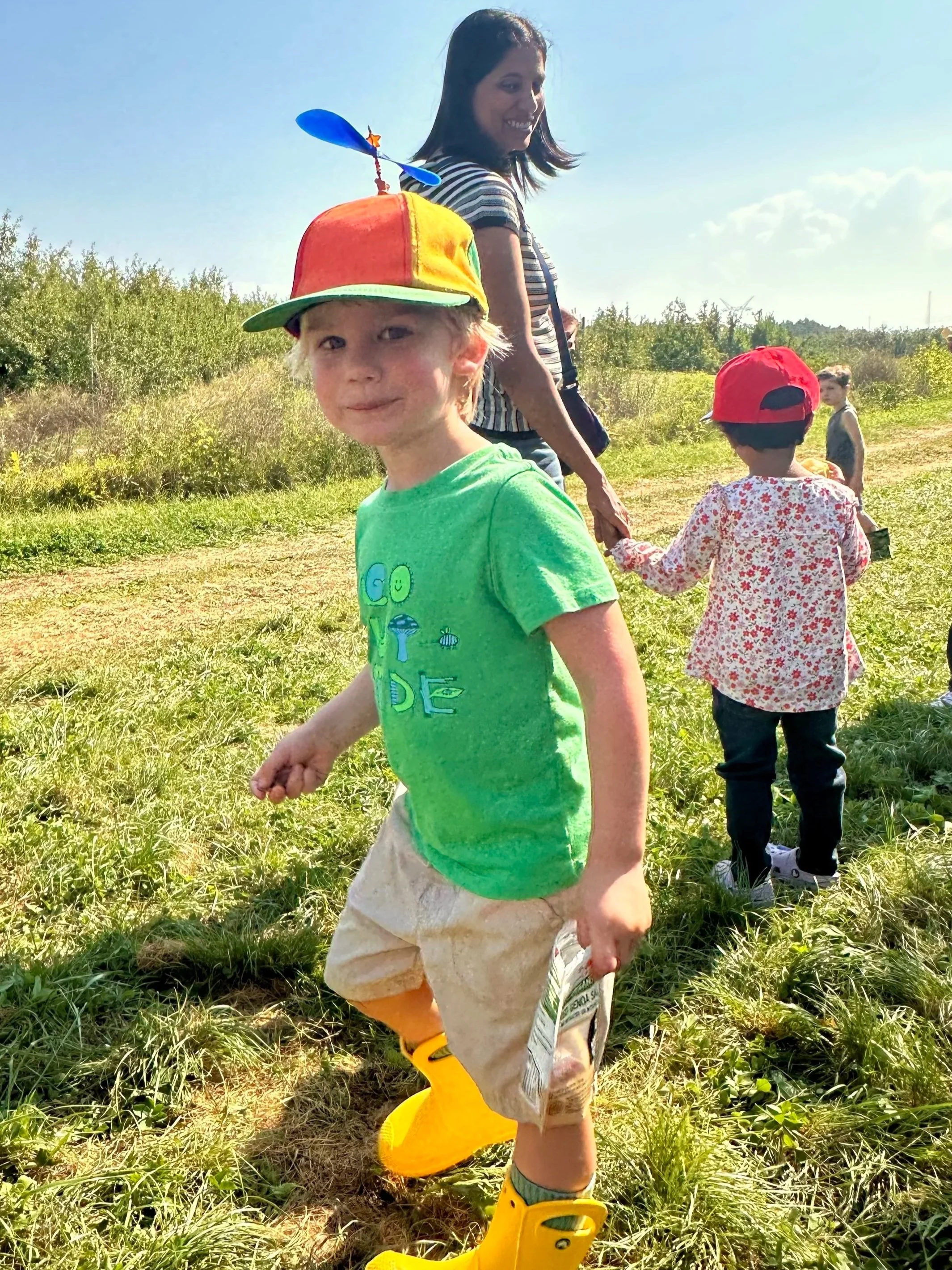The Windrose Journal
A Waldorf Blog
The Windrose Journal is a grounded, thoughtful space where stories, reflections, and insights from the Waldorf School of DuPage community come together—past, present, and future. Like a compass rose, it helps orient families, educators, and alumni as we navigate the evolving world of Waldorf education and child development. Here, you’ll find a meaningful blend of tradition and innovation, sharing voices that illuminate the heart of our school. Whether you're seeking inspiration, perspective, or connection, The Windrose Journal offers guidance rooted in experience and purpose.

The Truth About Twelve: Parenting Through a Powerful Transition
This age calls for a parenting shift: from manager to consultant. Your child still needs boundaries and expectations—especially around responsibility and work—but they also need space to explore who they are becoming. Holding them accountable without micromanaging builds their self-trust and resilience.

Purposeful Work in a Waldorf Kindergarten: Why It Matters
Discover how purposeful work in a Waldorf kindergarten nurtures creativity, confidence, and life skills. Learn how hands-on tasks, imitation, and daily rhythm support your child’s development through meaningful activity—indoors and outdoors.

Nurturing the Foundational Senses at Home
As parents and caregivers, we play a vital role in nurturing the healthy development of these early senses—touch, life, self-movement, and balance. By offering a calm, loving environment filled with warmth, rhythm, and meaningful movement, we help lay the foundation for our children’s lifelong well-being, learning, and inner confidence

How Revisiting Ideas Over Time Helps Kids Learn Better
Discover how Waldorf education uses layered learning to boost your child’s memory, focus, and love of learning—at every developmental stage.

Crafting Curiosity: The Lasting Impact of Waldorf on My Creative Path
My education at Waldorf also taught me how to stay grounded through challenging times in not only an academic setting but in my professional and personal life as well. Attending a rigorous arts boarding school for high school and living on my own in NYC was no easy feat, it required the kind of dedication, perseverance, and confidence that is distinguished throughout the Waldorf curriculum.

Waldorf at Home: A Simple Guide for Busy Families
Whether you’re new to Waldorf or simply craving more intention and warmth in your home life, this guide is for you. Especially for families with full schedules, two working parents, or kids spanning multiple ages, it can feel overwhelming to add one more “philosophy” to your plate.
But here’s the beauty of Waldorf: it isn’t about doing more. It’s about doing less—but with greater presence. Small, consistent rituals, creative play, and a home environment that honors rhythm and beauty can create a deep sense of safety and connection.

The Case for Waiting: The Benefits of Delaying Academic Work
Delaying formal education until age 6 or 7 can lead to stronger academics, better emotional regulation, richer social skills, and less stress. Most importantly, it honors the natural rhythm of childhood.
As more parents and educators recognize the value of this approach, it’s worth asking: What’s the rush? Giving children the gift of time may be one of the best educational decisions we can make.

Nurturing Creativity and Imagination: The Waldorf Method in Early Education
By focusing on the whole child—head, heart, and hands, Waldorf preschool and kindergarten programs offer a rich, nurturing alternative to academically driven early education. Instead of worksheets and early testing, children are immersed in play, creativity, rhythm, and real-world connection—all proven to support healthy brain development and a love of learning.

Waldorf, Montessori, and Reggio Emilia: Finding Common Ground in Progressive Education
While Waldorf, Montessori, and Reggio Emilia each offer unique pathways, they share a powerful mission: to cultivate children who are creative, capable, confident, and compassionate. These child-focused methods emphasize hands-on discovery, emotional wellness, and a deep respect for the learning journey.
Whether you're considering a Waldorf school or exploring other alternative educational models, understanding these shared values can help you find the right environment where your child can thrive.
